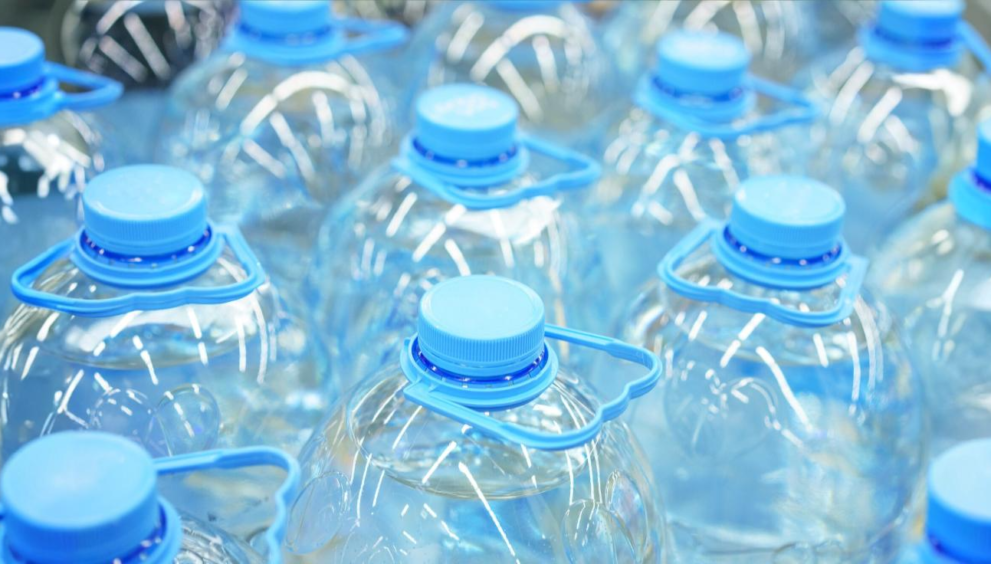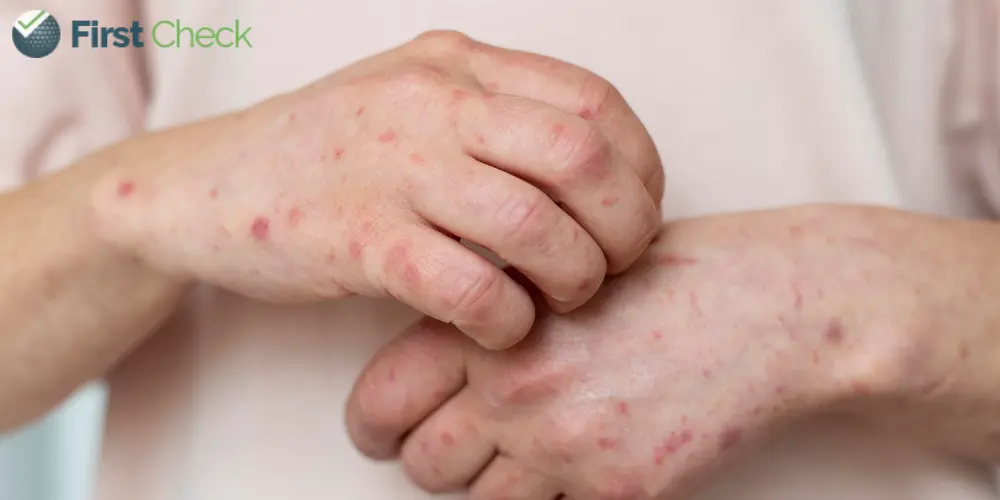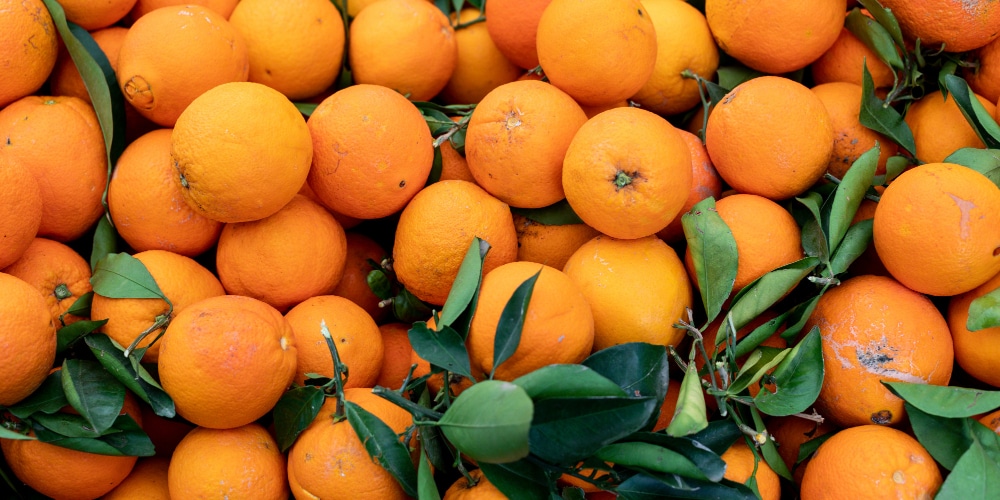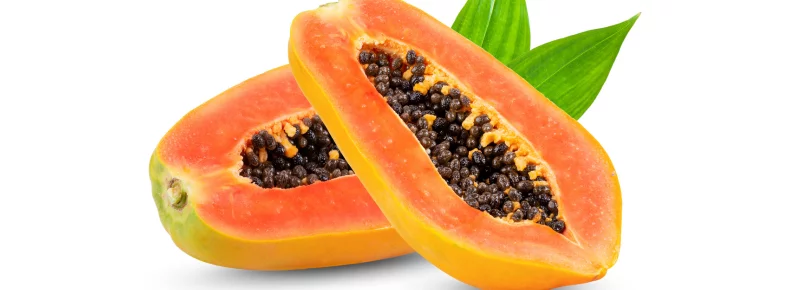FACT CHECK: Would drinking from plastic bottles make you consume a credit card’s worth of plastic a week?
In a recent podcast, a physician claims that you could be ingesting a credit card's worth of microplastics in a week, if you drink water from plastic bottles. But is it true?
Author
Author
- admin / 1 year

- 0
- 4 min read

Author
CLAIM:
A viral video suggests drinking from plastic bottles leads to ingesting a credit card’s worth of plastic weekly.
FACT:
False. While an earlier 2019 study did claim so, more recent research from 2022 shows that the actual microplastic intake is about one millionth of that amount, and comes from various sources, not just plastic bottles. This means humans would take 23,000 years to ingest a credit card’s worth of plastic, not one week.
First Check came across a viral reel from the account Mel Robbins, a popular host and author with a massive following of 77 lakh on Instagram, where she is seen speaking to a physician about the dangers of drinking water from plastic bottles.
In the reel, which appears to be a snippet from a longer podcast, she is speaking to Dr William Li, a physician and author who speaks of ingesting microplastics which come from drinking water in a plastic bottle.

“Now we realize that the bottled water, the plastic bottles are shedding microplastics into the water. So, while we don’t taste it, we actually pouring plastic into our bodies. Little tiny particles, tiny particles, And you know how much plastic we are ingesting on average, every week? A credit card’s worth of plastic,” he claims in the video, which has an alarmist caption “I couldn’t believe this shocking truth about plastic water bottles 🤯.”
The Instagram reel has got 72 lakh 61 thousand views with 1 lakh 62 thousand likes, and is also present on Facebook. The same reel has also been posted on Instagram from @themelrobbinspodcast, and has garnered about 3 lakh 50 thousand views and 9,000 views.
This appears to be cut from a larger podcast with the physician, which is titled, “EAT THIS to lose fat, prevent disease and feel better and is available on Spotify. Dr Li has 3 lakh 38 thousand followers on Instagram and is an advocate of curing diseases through diet. The title of his first book is “Eat to beat disease.”
Upon researching this claim, First Check found the original source of this claim. A World Wide Fund – for Nature (WWF) publication titled “No Plastic in Nature: Assessing plastic Ingestion from Nature to people” cited another study by the University of Newcastle, Australia, to make the assertion.
“A new study by the University of Newcastle, Australia suggests that an average person could be ingesting approximately 5 grams of plastic every week. The equivalent of a credit card’s worth of microplastics,” the June 2019 publication said.
Upon further research, we found a more recent study published in the Journal of Hazardous Materials Letters on the topic, dated November 2022, which however, pointed out that the earlier calculations had “severe errors.”
“The statement that humans ingest 5 g of microplastics per week is reviewed. The calculation of 0.1 g – 5 g (one credit card) per week contains severe errors,” according to this study titled “Ingested microplastics: Do humans eat one credit card per week?”
“[A] human eats a credit card worth of MPs (microplastics) not every week but every 23 thousand years,” it concluded.
Essentially, this study explained how the earlier study overestimated the size of microplastics ingested by people. It does not dispute the fact that microplastics are consumed or that they are indeed not good for one’s health.
The rest of the clip from the Instagram video after the claim is made, is regarding the negative effects of microplastics in our body once it enters our system. While there are studies that speak of the harmful effects of microplastics, the initial point Dr Li made about how much plastic is being ingested by a person per week is what First Check found to be factually incorrect.
Also read: FACT CHECK: Are tea bags leaking billions of microplastics into your cup of tea? – First Check
(Do you have a health-related claim that you would like us to fact-check? Send it to us, and we will fact-check it for you! You can send it on WhatsApp at +91-9311223141, mail us at hello@firstcheck.in, or click here to submit it online)










